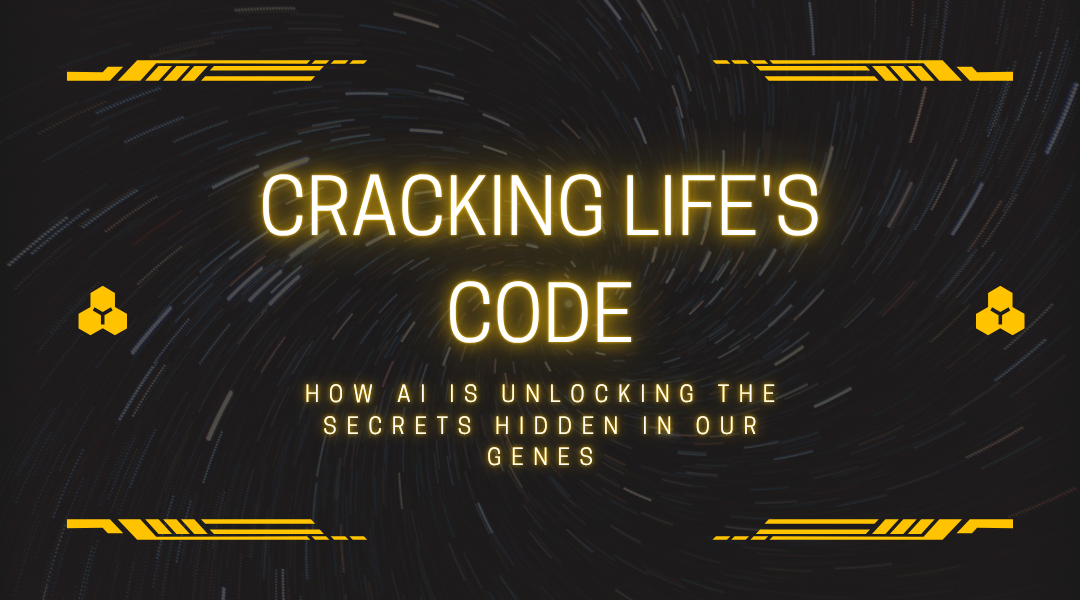The Genetic Gold Rush
There’s a quiet revolution happening in labs and hospitals across the world—one that’s turning our DNA from a static blueprint into a dynamic medical crystal ball. Twenty years after scientists first mapped the human genome, we’re finally learning to read between the lines of our genetic code, thanks to an unlikely ally: artificial intelligence.
Dr. Sarah Khalid, a geneticist at Dubai’s Mohammed Bin Rashid University, puts it bluntly: “We used to treat genomes like phone books—huge, impenetrable lists. Now, with AI, we’re learning to read them like novels, complete with plot twists and foreshadowing.”
Why Your Doctor Might Soon Care About Your Code
Consider this real-world puzzle: Two patients walk into a clinic with the same rare cancer. Standard treatment fails them both. Their doctors sequence the tumors and find:
- Patient A has a mutation in gene BRAF V600E—there’s a targeted drug for that
- Patient B’s tumor shows an unusual pattern in 12 interacting genes that AI flags as responsive to an off-label arthritis medication
This isn’t hypothetical. At Cleveland Clinic Abu Dhabi’s Genomic Medicine Institute, such cases are becoming routine. “We’re moving from ‘one-size-fits-all’ to ‘this-size-fits-you,'” explains Dr. Khalid.
The AI That Spots What Humans Miss
Traditional genetic analysis is like searching for a needle in a haystack—if the haystack were the size of Everest. Take BRCA genes:
- Old way: Check 20 known cancer-risk spots
- New way: AI scans all 80,000 DNA letters of BRCA1/2, plus 500 nearby regulatory regions most humans ignore
The difference? Last year, an Emirati woman with “normal” BRCA results by conventional tests was flagged by an AI system that noticed a suspicious pattern in non-coding DNA. Further testing revealed her high ovarian cancer risk—caught just in time for preventive surgery.
From Lab Curiosity to Lifesaver
Some of the most exciting applications are emerging in:
- The Medication Mismatch Problem
- 30% of people don’t respond to common antidepressants
- AI models at UAE University now analyze 142 genetic markers (not just the usual 3) to predict which drug will work
- The Baby Genome Project
- SEHA’s pilot program sequences newborns’ DNA, with AI scanning for 500 treatable childhood conditions
- Early detection of metabolic disorders can prevent brain damage
- Cancer’s Hidden Triggers
- Mubadala Health’s AI system recently found that 11% of “spontaneous” breast cancers in Emirati women share an unusual DNA repair glitch—now a screening target
The Dark Side of DNA Data
It’s not all rosy. At a recent Dubai Health Authority roundtable, concerns emerged:
- An AI trained mostly on European genomes kept misclassifying heart disease risks in South Asian patients
- A well-meaning preventive algorithm suggested unnecessary mastectomies because it overinterpreted uncertain variants
- Hackers increasingly target genomic databases—your credit card can be replaced; your DNA can’t
Dr. Amina Al-Marzouqi, a bioethicist, warns: “We’re building genetic crystal balls without always considering who gets cut by the glass.”
What’s Next? Your Genome at Work
The future looks wild:
- Smart Vaccines: AI-designed mRNA shots tailored to your immune genes
- Fertility Forecasting: Predicting IVF success rates from egg donor-recipient genetic pairs
- Aging Clocks: Algorithms that read your DNA’s “wear patterns” to estimate biological age
At Tawam Hospital, they’re already testing an AI that predicts which COVID patients will crash—based on 37 immune-related genes plus clinical data.
The Bottom Line
We’re not quite at “GATTACA” yet, but the line between sci-fi and clinic is blurring. As Khalid says while showing me a 3D AI model of a patient’s genome, “Five years ago, this would’ve taken a PhD a month to analyze. Now it takes our system 20 minutes—and spots things we’d never see.”
The real question isn’t whether AI will transform genomics—it already has. The question is whether our ethics, policies, and healthcare systems can keep up with the science. One thing’s certain: in the race to decode life’s secrets, AI just gave us the equivalent of rocket boosters.
